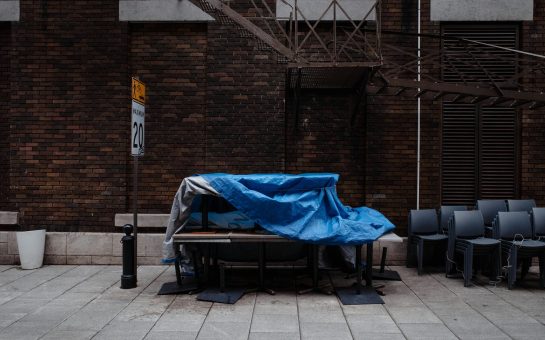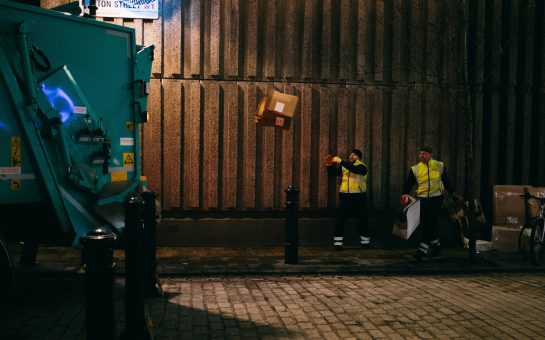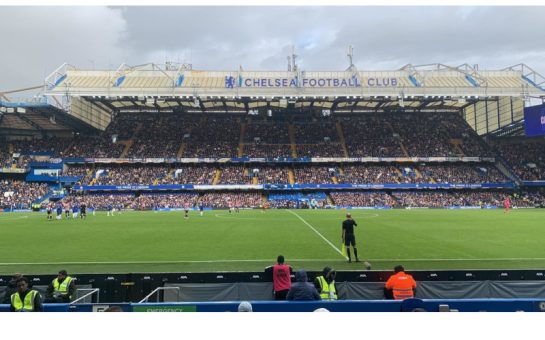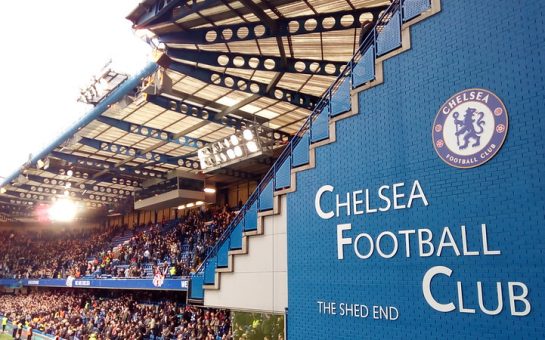Kensington’s ‘elephant graveyard’ housing market has become the constituency’s political hot potato ahead of the general election.
Labour, Liberal Democrat, UKIP, the Alliance for Green Socialism and Cannabis is Safer than Alcohol (CISA) hopefuls have all expressed concerns to SW Londoner about the divisive property market.
The issue of rising prices is at the core of Kensington’s electoral battle, with Conservative candidate Victoria Borwick largely running her campaign on an anti-Mansion Tax ticket.
Her pledge read: “[I will be] vigorously opposing Labour and Lib Dem plans for an unfair ‘Mansion Tax’ whilst supporting better social housing for the most vulnerable.”
Ms Borwick’s free market approach has been met with cynicism from the other parties who paint a grim picture of an unregulated Kensington property market.
Labour’s Kensington candidate Dr Rod Abouharb compared Kensington to an elephant’s grave yard, with overpriced, oversized and overseas-owned properties forcing out average earners.
He said: “The housing situation in Kensington is frankly shocking, evidence of the extremes of wealth and poverty that in a civilised society today we should never tolerate.
“Five years ago benefit caps and rent rises made Kensington a no-go area for the poor,” Dr Abouharb said. “Now it’s a no-go for the normal.”
Figures from the 2011 census and the Office of National Statistics offer weight to Dr Abouharb’s condemnation and depict an area split along wealth contours.
Empty properties are strewn across the borough with 9,303 second homes in Kensington and Chelsea.
A disproportionately large number of these are found in wards such as Queen’s Gate where one in five homes are empty or second homes.
In contrast typically less economically prosperous wards like Golborne have next to no un-occupied properties.
UKIP’s candidate Jack Bovill suggested the trend was the result of a lax legislative approach to overseas investment.
Mr Bovill said: “The house market collapses every 18 years and this time it will be worse because people are arriving in the UK, especially in London, every day.
“An idea proposed by me is that anybody who’s not local cannot buy any property or land in Kensington.”
Mr Bovill shares some common ground with the Liberal Democrat candidate Robin McGhee on the issue, with both opting for legislative reform over Labour’s proposal of a mansion tax on properties worth more than £2million.
“We are not saying they (foreign investors) can’t buy properties,” Mr McGhee said. “We’re saying they can only do so under certain conditions – they live in them or at least rent them out.
“The mansion tax wouldn’t have a huge effect – it would effectively be a small charge, by their standards, that they would have to pay in order to own the property.”
Of the 108,000 homes that are predicted to fall under Labour’s tax in the UK, more than a fifth are in Kensington and Chelsea.
If Labour’s revenue predictions for the Mansion Tax are correct the borough will contribute almost £250million to the country’s coffers.
The Alliance of Green Socialism candidate Tony Abse offered his support to the Labour proposal.
“If somebody has to bear taxation it should be somebody that’s better off,” he said. “It’s in direct contrast to the Con-Dems bedroom tax which penalises the poor.”
CISA’s candidate, Tony Auguste, argued that a Mansion Tax would be inappropriate in Kensington due to the large number of non mansion-like properties that would be drawn into the £2 million price bracket.
“I think what you do is build,” he said. “There are several brown field sites available. I want to make sure that they’re not used for corporate builds but for homes.”
Picture courtesy of Klovovi, with thanks




